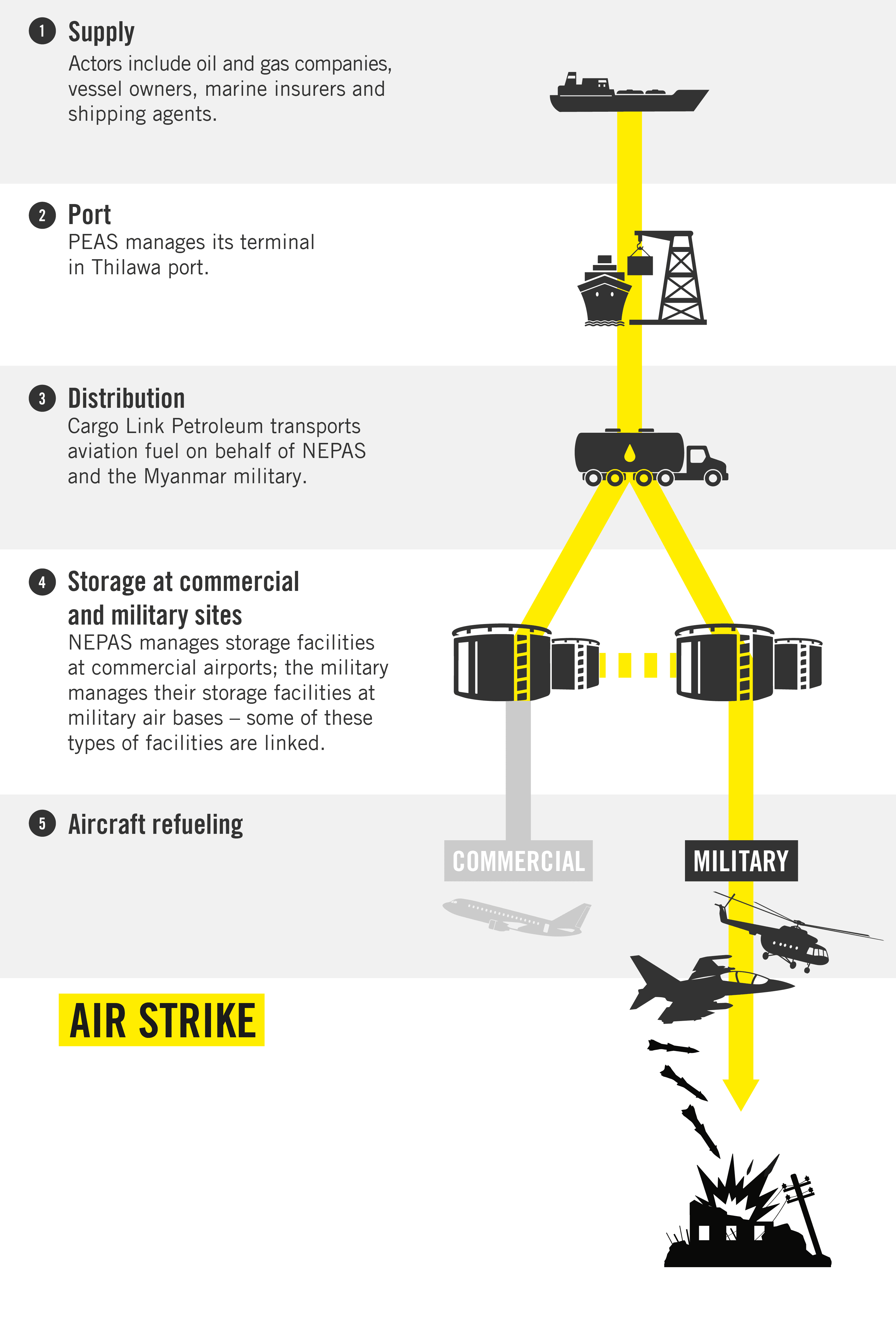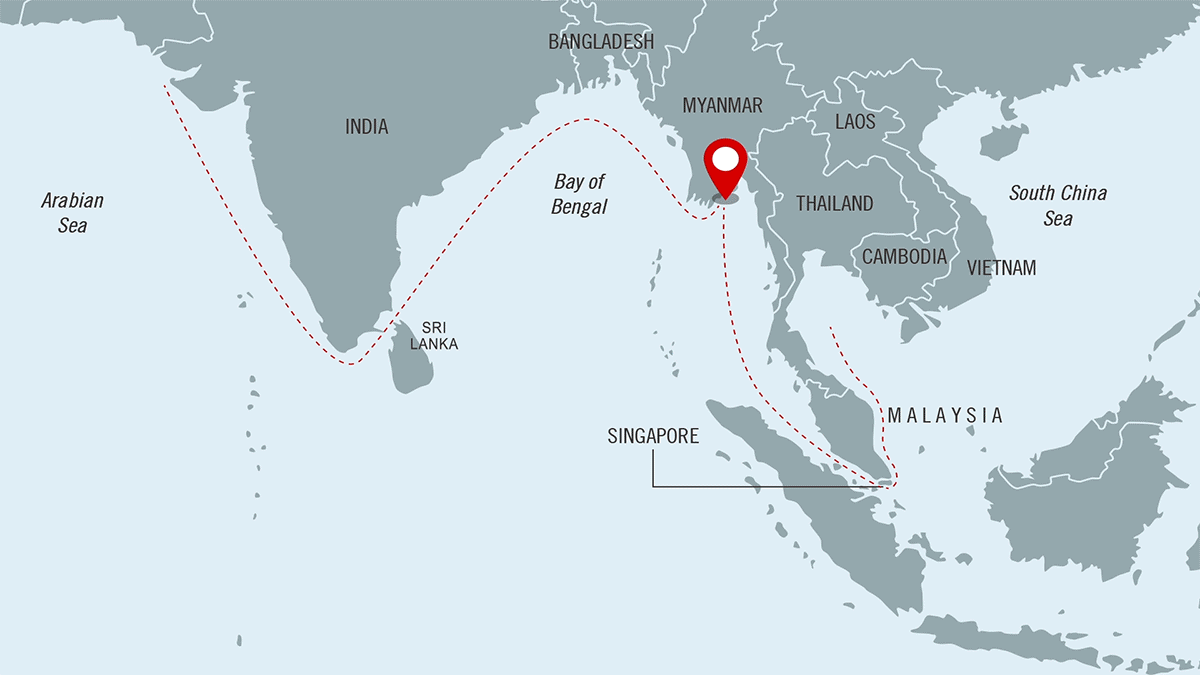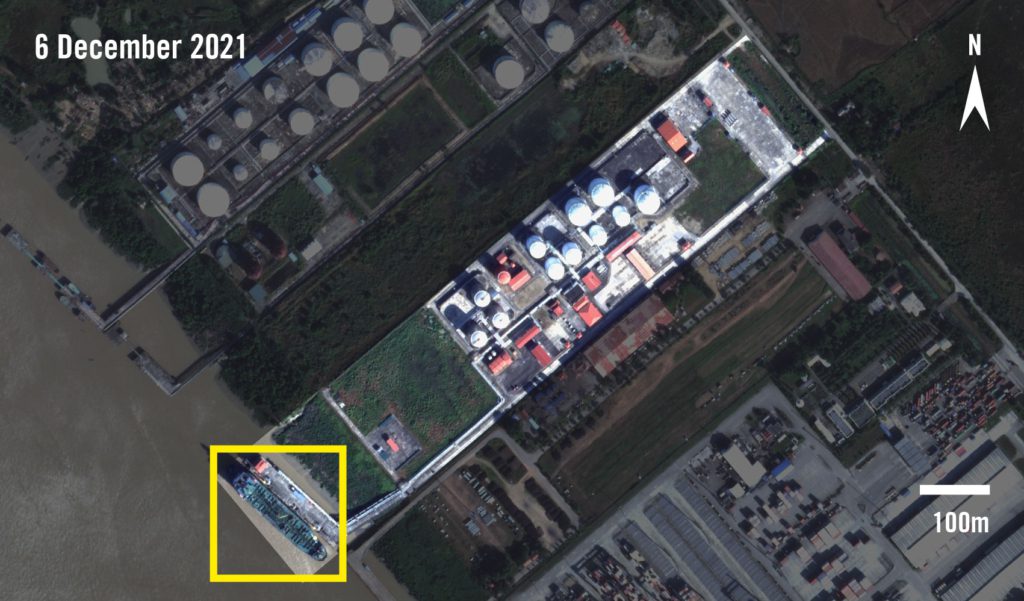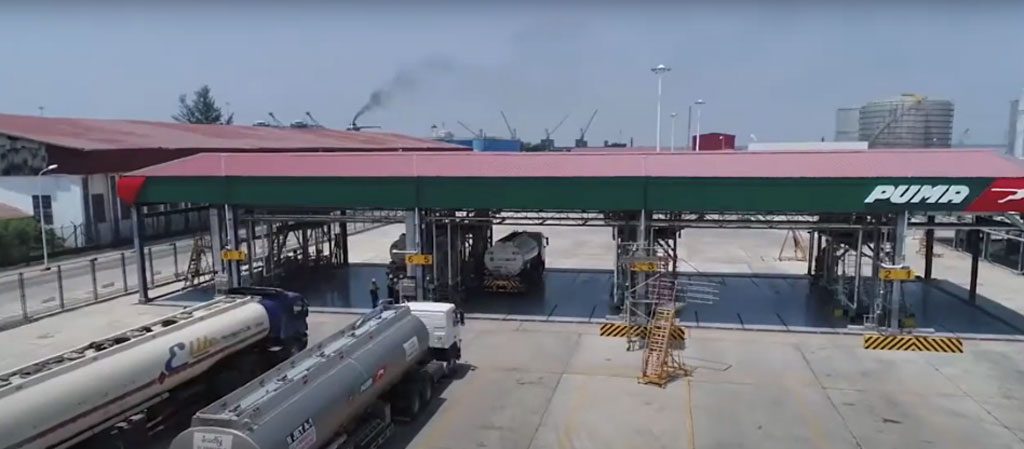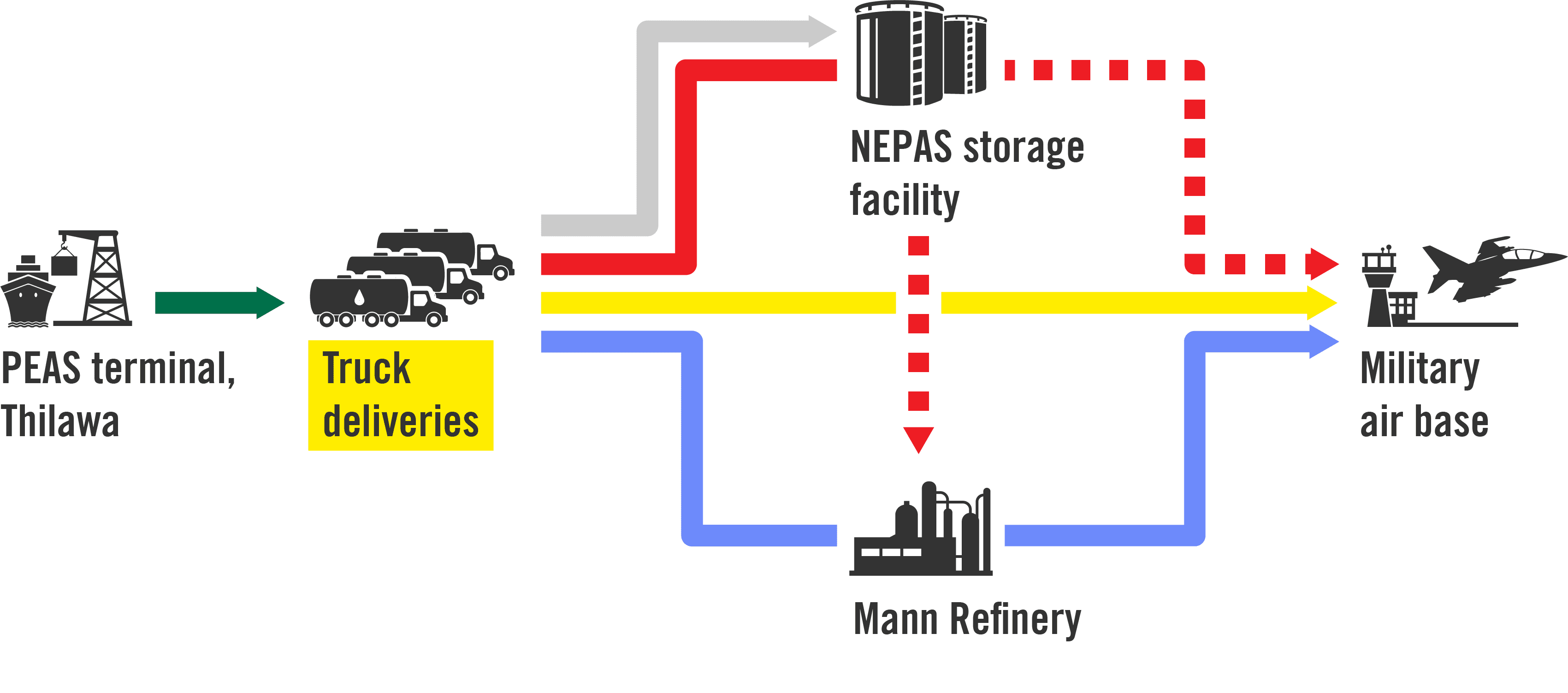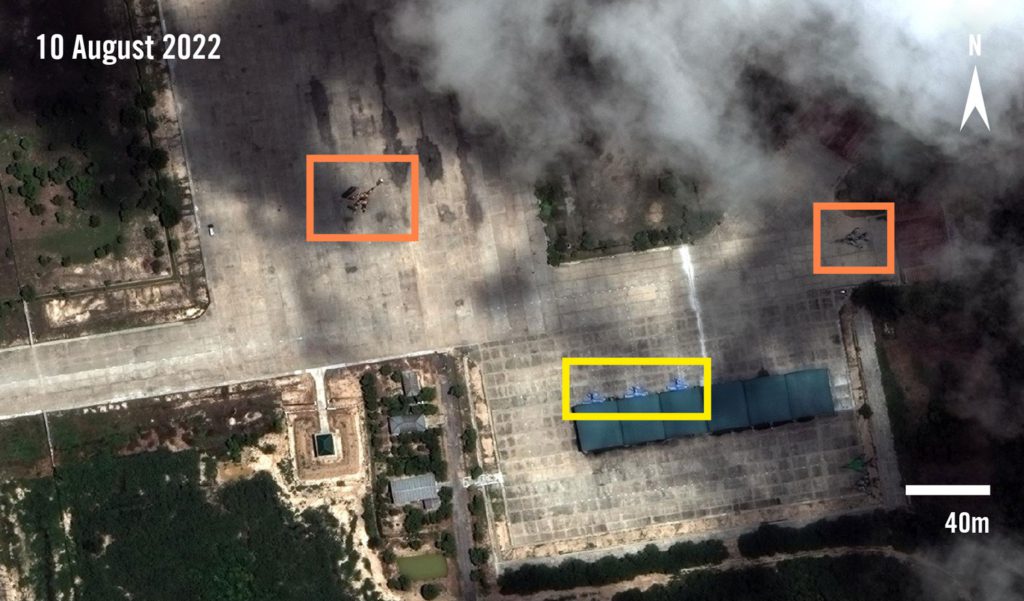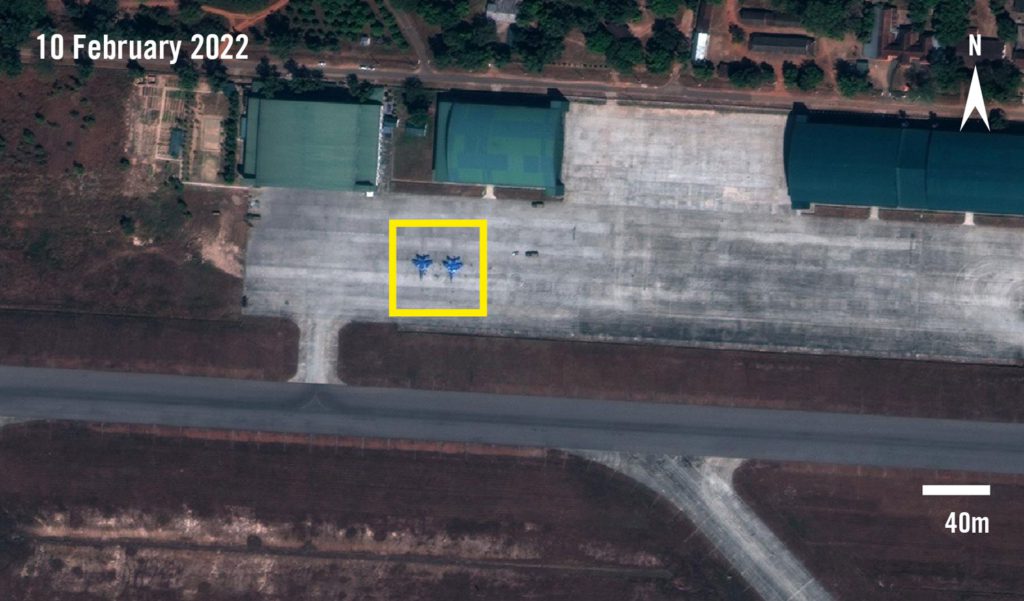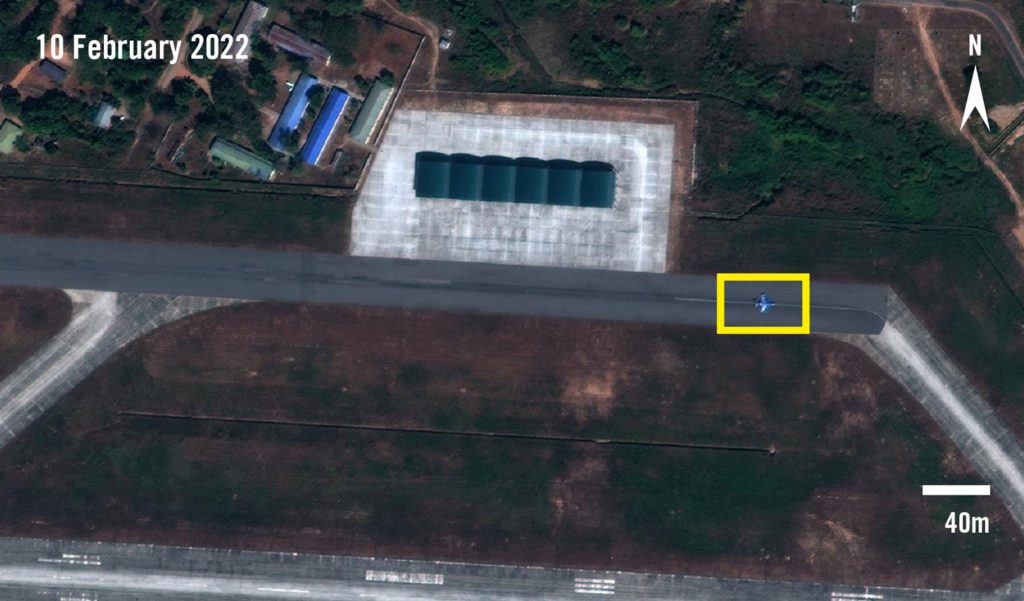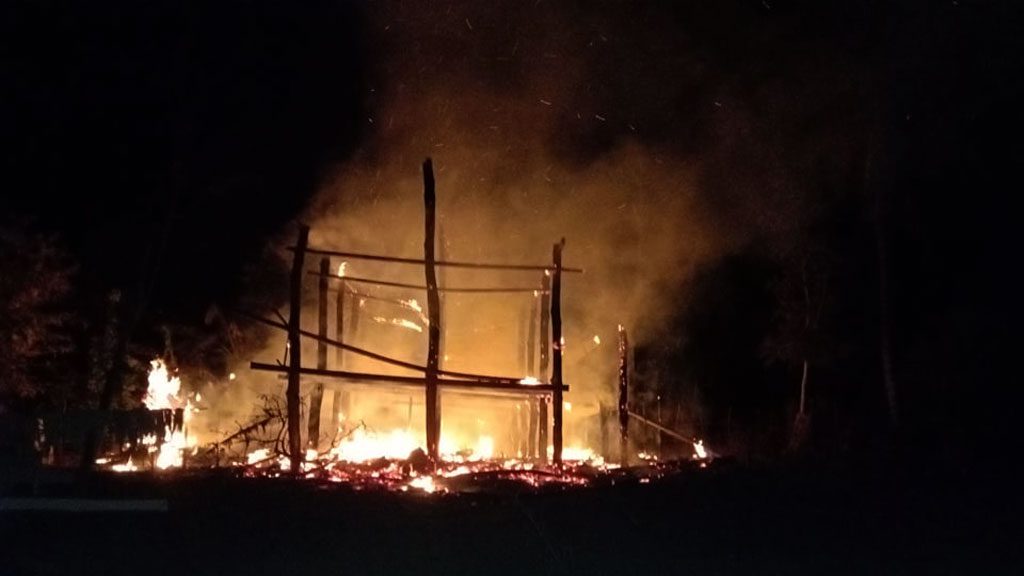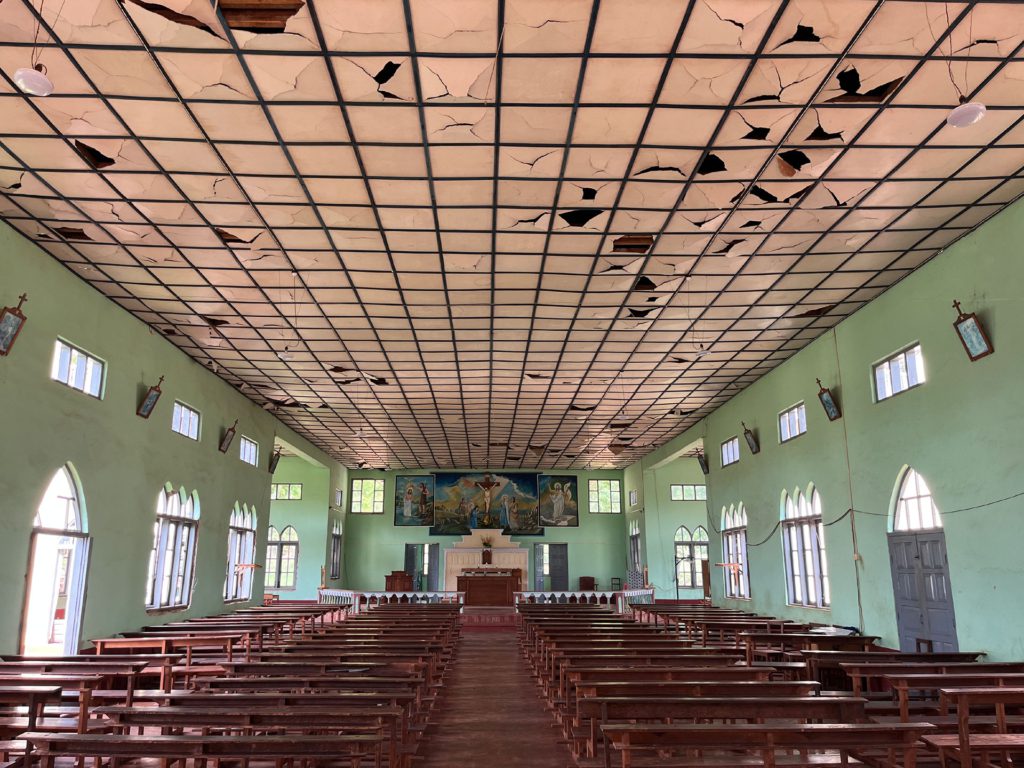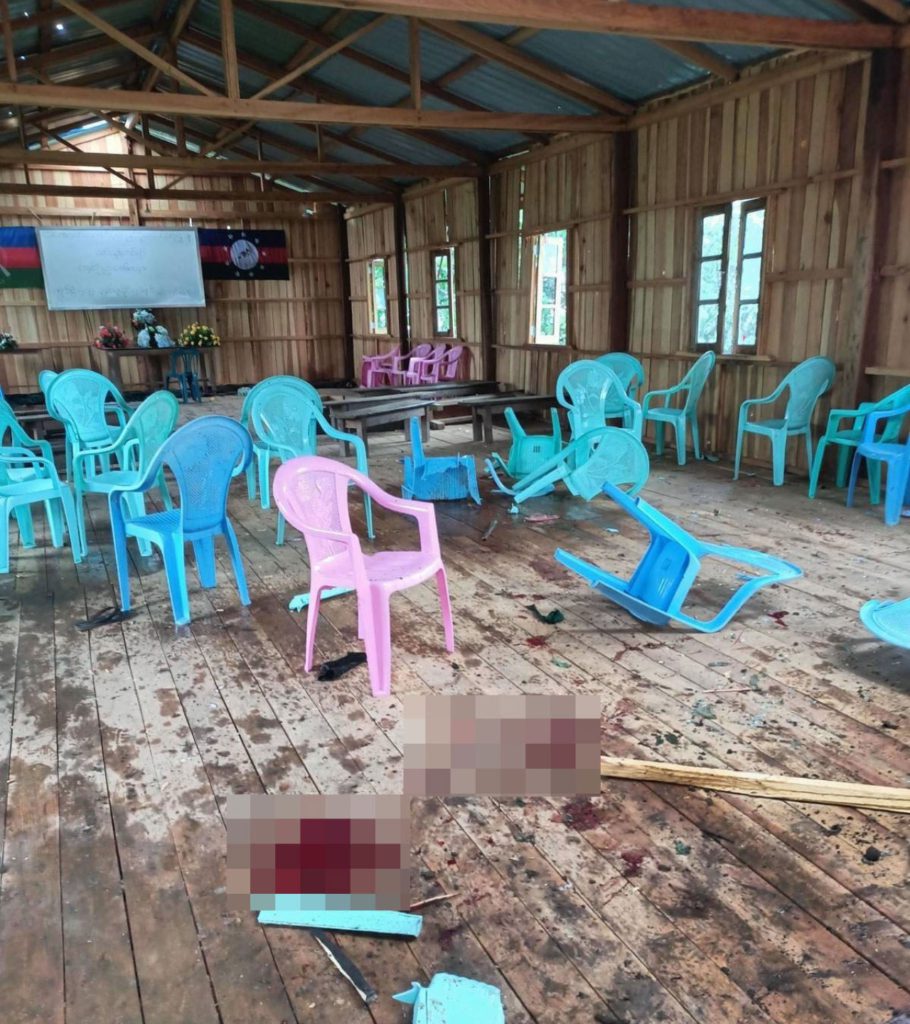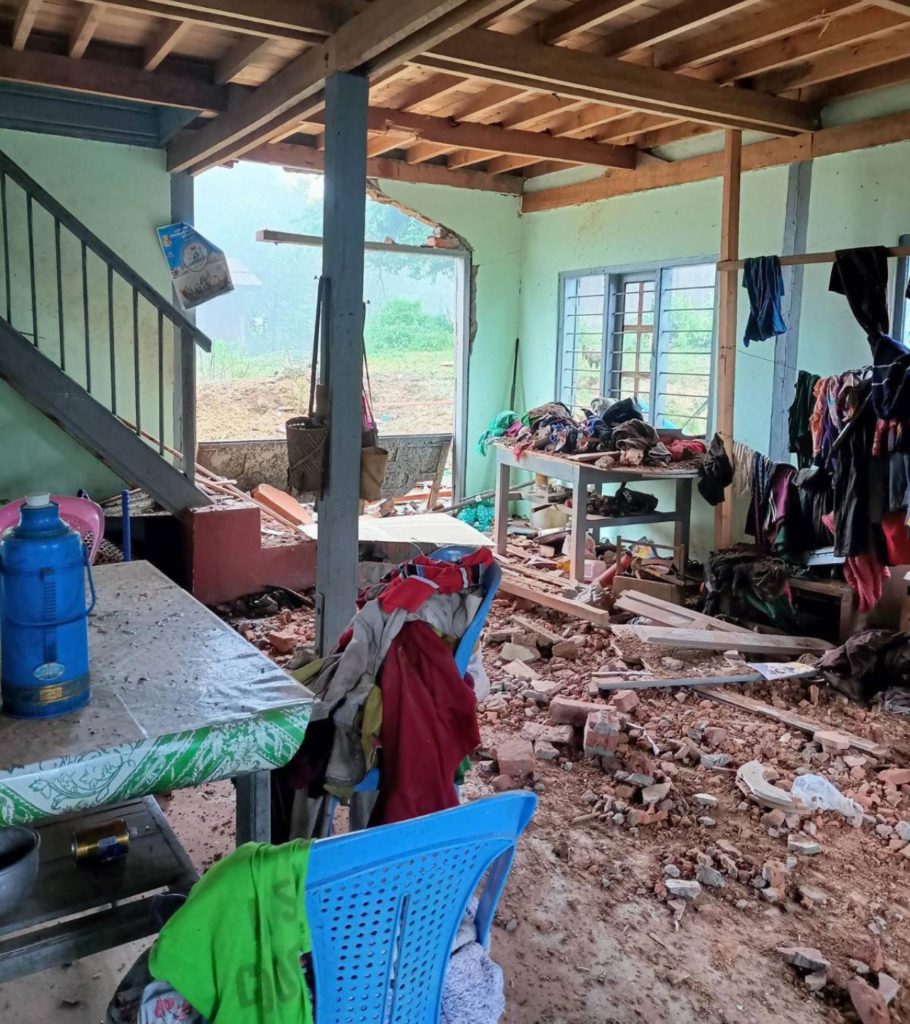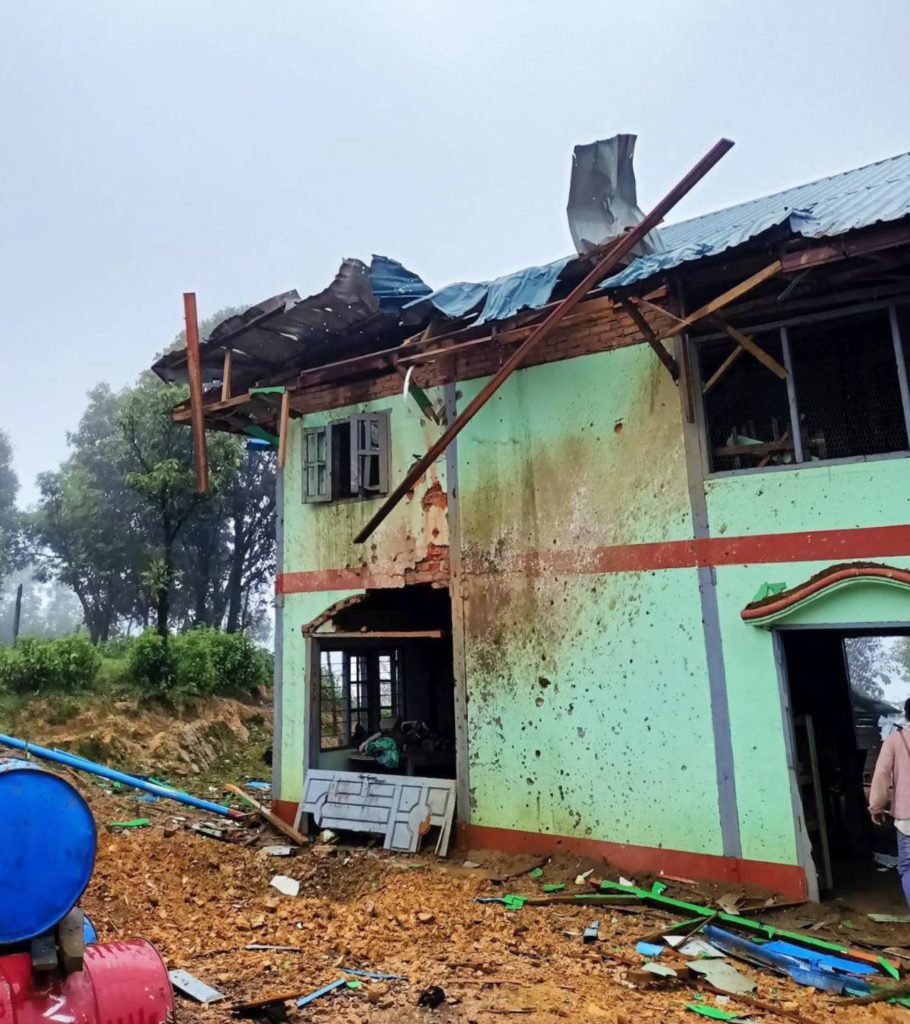More than 760,000 people across 218 countries and territories have added their voices to petitions calling for the establishment of an independent UN mechanism to conduct investigations as a step towards pursuing accountability for the most serious crimes under international law committed in Iran, Amnesty International said today.
On 2 November, Nazanin Boniadi, a British-Iranian actor and Amnesty International UK Ambassador, conveyed people’s demands for immediate action by the UN Human Rights Council to United Nations officials in New York. Amnesty International national entities across the world also delivered petitions to their ministries of foreign affairs.
“The people of Iran continue to courageously protest and call for the end of widespread repression and the establishment of a political system that respects equality and upholds human rights. Will member states of the UN Human Rights Council respond to the cries of people in Iran and activists across the globe to urgently establish an international mechanism on crimes committed by the Iranian authorities?” said Heba Morayef, Amnesty International’s Director for the Middle East and North Africa.
“The international community’s failure to act has emboldened the Iranian authorities to intensify their unlawful use of force, including lethal force, against protesters, killing over 200 people, including 30 children, since protests began on 16 September. The UN Human Rights Council must immediately convene a special session on Iran to prevent further crimes under international law and human rights violations, including unlawful killings, torture and other ill-treatment against all those arbitrarily detained since the authorities’ crackdown on protests began.”
Last week, 10 UN experts, including the Special Rapporteur on the human rights situation in Iran, called on the Human Rights Council to urgently take action, including by establishing an international investigative mechanism on Iran during a special session. This call is also supported by Amnesty International and 42 other human rights organizations. The German minister of foreign affairs has announced that Germany would advocate for convening a special session to establish a UN mechanism on Iran.
Vicious cycles of protest bloodshed
The Iranian authorities’ violent repression of ongoing protests in Iran, which erupted after the death in custody of Mahsa (Zhina) Amini on 16 September 2022, is the latest in the cycle of attacks waged by the Iranian authorities against people expressing their legitimate grievances in Iran since December 2017-January 2018. Emboldened by rampant impunity, the Iranian authorities have consistently dealt with waves of mass protests since then, including those in November 2019, January 2020, July 2021, August 2021, November 2021 and May 2022, with a militarized response.
Will member states of the UN Human Rights Council respond to the cries of people in Iran and activists across the globe…?
Heba Morayef, Amnesty International
Amnesty International has previously documented crimes under international law and serious human rights violations by the Iranian authorities, including unlawful killings following unwarranted lethal use of force, mass arbitrary arrests and detentions, enforced disappearances, torture and other ill-treatment, and the sentencing of individuals to lengthy prison terms or death following grossly unfair trials.
The Iranian authorities have ignored repeated calls by the international community to open criminal investigations into unlawful killings committed in the context of protests since December 2017. Instead, they have sought to destroy evidence of their crimes while persecuting survivors and victims’ relatives who called out for truth, justice, and reparation.
To break this deadly cycle, the UN mechanism must be urgently established with a mandate to investigate the facts and circumstances surrounding the crimes under international law and serious violations of human rights committed by the Iranian authorities to crush successive nationwide protests since the December 2017- January 2018 protests with the view of pursuing accountability.
Background
People from around the world have taken action to call on UN states to urgently establish an independent UN investigative mechanism, including from Argentina, Brazil, Bolivia, Canada, Egypt, France, Italy, Germany, India, Iran, Japan, Korea, Malaysia, Mexico, the Netherlands, New Zealand, Nigeria, South Africa, Sweden, Taiwan, Turkey and beyond.
Amnesty International has previously revealed how Iran’s highest military body instructed the armed forces in all provinces to “severely confront” protesters who took to the streets following the death in custody of Mahsa (Zhina) Amini after she was arrested by Iran’s “morality” police who routinely arbitrarily detain women who do not comply with the country’s abusive and discriminatory compulsory veiling laws. The organization has also repeatedly documented the widespread, unwarranted use of lethal force and firearms by Iran’s security forces who either intended to kill protesters or should have known with a reasonable degree of certainty that their use of firearms would result in deaths.
Last week, Iran’s security forces intensified their use of unlawful force by using live ammunition, metal pellets and teargas against protesters and mourners who had gathered in at least four provinces, including Kurdistan, West Azerbaijan, Kermanshah and Lorestan provinces.
The post Iran: More than 760,000 people around the world calling for UN investigative mechanism on Iran appeared first on Amnesty International.

